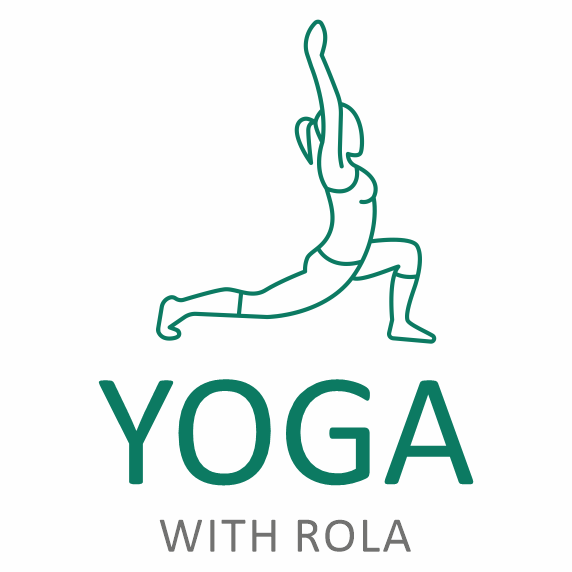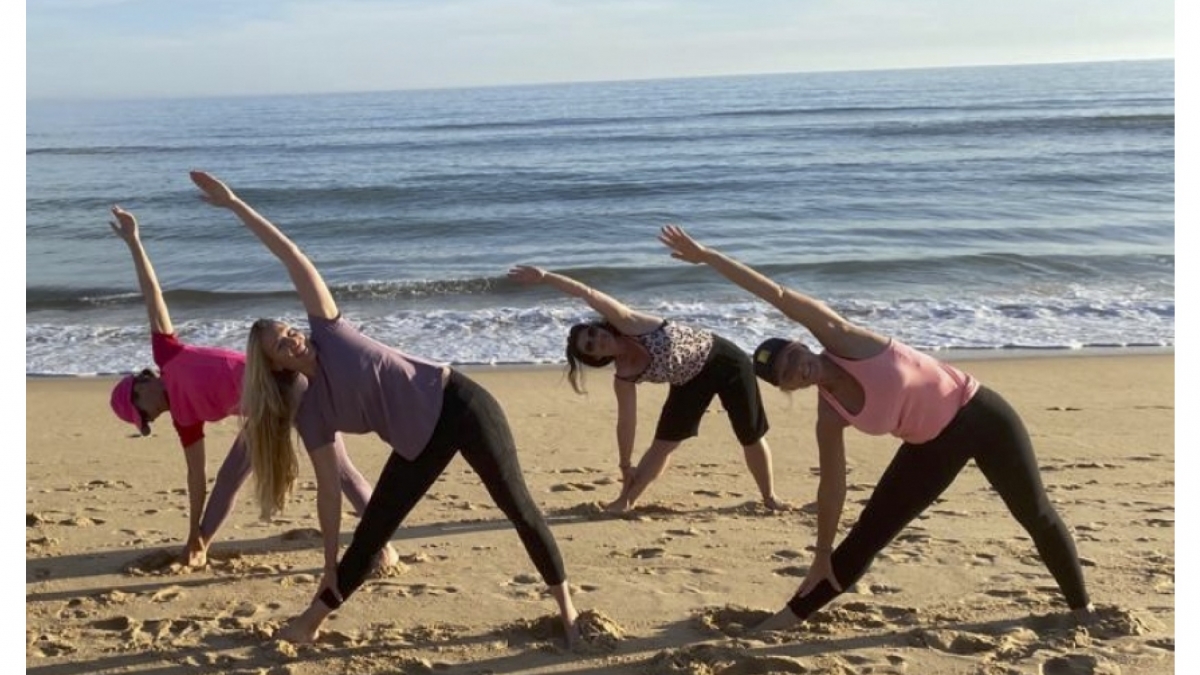The Global Wellness Institute defines wellness as the active pursuit of activities, choices and lifestyles that lead to a state of holistic health. With the current global pandemic surging and its health, social and financial ramifications still unfolding, one might wonder how the concept applies as people struggle to pay bills and keep their jobs. But the long history and evolution of the concept is a testament that wellness, in its wider meaning, applies no matter what the circumstances, although the tools may be especially useful during times of uncertainty and instability.
A concept with ancient roots
Aspects of the wellness concept can be traced back to ancient civilization. Ayuverda, one of the oldest holistic health system which has been practiced in India for more than two thousand years, forms the basis of many modern natural healing systems. Ayuverda emphasizes prevention and balance in one’s life, thoughts, diet and lifestyle. A life of moderation and balance based on remedies suited to each person’s needs and consitution are meant to prevent illness rather than cure disease.
Traditional Chinese medicine also carries the legacy of modern-day wellness. With Taoist and Buddhist influences, this holistic approach also emphasizes cultivating balance and harmony in one’s life. Various wellness treatments found in modern wellness industry such as acupuncture, herbal medicine, qi gong and tai chi, are linked to this tradition.
Any historic review of wellness cannot ignore the ancient Greek physician Hippocrates, regarded as the father of medicine. Hippocrates focused on preventing illness, introducing the belief that disease is a product of diet, lifestyle and environmental influences at a time when most people attributed sickness to superstitious or heavenly causes. The Romans continued the tradition of adopting the Greek belief that illness was a product of diet and lifestyle.
Throughout the 19th and 20th centuries, century, new treatments and movements evolved but these philosophies linking a healthy body to a healthy mind and spirit survived the test of time. More recently evidence-based science has reconfirmed the benefits of wellness lifestyle and practices and more government and corporate-sponsored programs around the world have begun to promote healthier lifestyles. The last few decades have witnessed a growing fitness and spa industries as well as self-help experts that have helped proliferate the wellness concepts. While the offerings may change, the self-empowerment, self-healing and holistic approach to health is gaining momentum.
Enter digital and pandemic times
The recent lock-down experiences have accelerated and democratized the digital trend in all industries, including the wellness industry, making online classes and health related content accessible to a wider audience. People in wealthy countries around the world will still pay fortunes seeking to obtain greater sense of wellbeing through various self enhancement methods, and using new technologies and smart devices. But for many people around the world, starting yoga or taking a course of Ayurveda medicine has never been easier or more affordable.
Another trend that has emerged is counterintuitive. Despite the social distancing, wellness programs are proving a great social connector– make people happier and healthier together while providing a greater appreciation of the multidimensional aspect of wellness. A general recognition that wellness goes beyond the physical and includes emotional, spiritual and environmental aspects is also gaining popularity as people realize the impact of loneliness and social isolation.
A call to wellness action
As 2020 is forcing most people around the world to adapt to a change in lifestyle, there has never been a better time to adopt a wellness program. Here are some of the key elements to help lead the way:
- Take ownership of your health regardless of the external circumstances: Setting your personal Intention and commitment, irrespective of the spread of the virus, will dictate how successful you are in the journey.
- Start with understanding and caring for your body: By building physical strength, flexibility and balance, you will be able to access the more subtle dimensions of the wellness. Exercises like yoga that include mindful meditation have the extra benefit of releasing stress an anxiety.
- Practice sitting with your feelings: Playing the role of witness and listener, observe the emotions and with no judgement or suppression, learn to pause and respond instead of reacting.
- Maintain curiosity and a beginner’s mind: Always seek to expand your knowledge and skill set through creativemental activities.
- Be of service to others: Offering your unique skills and talents to others or to a greater environment cause through volunteering or mentoring also contributes to your spiritual wellness, helping you develop an appreciation for life and the world around you.
In the end, whichever area you are nurturing, remember wellness is not only multi-dimensional, but a continuum, a life-long journey of self-care and self-compassion.



Thank you Rola ,Im hooked